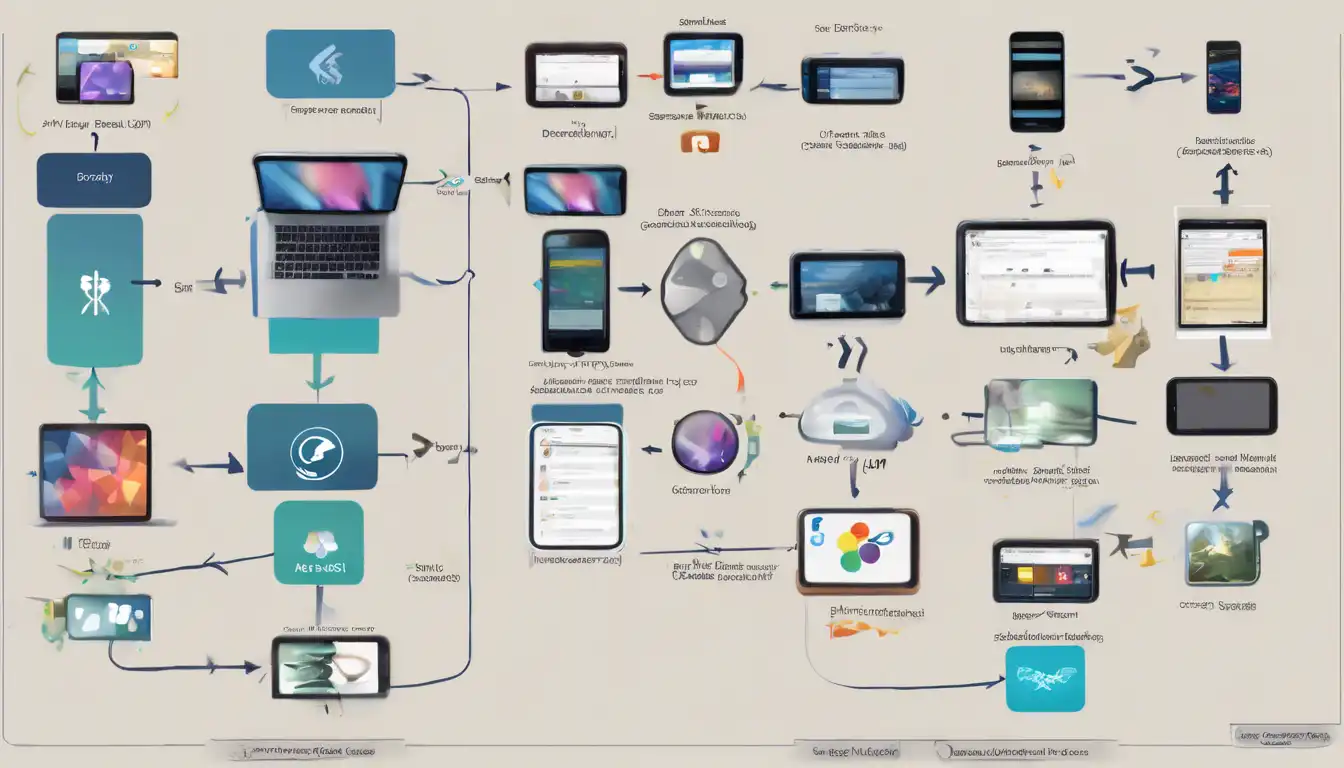Introduction to Cross-Platform Mobile Development
In today's fast-paced digital world, the demand for mobile applications is skyrocketing. Businesses and developers are constantly seeking efficient ways to build apps that run seamlessly across multiple platforms. Cross-platform mobile development tools have emerged as a viable solution, enabling the creation of apps for both Android and iOS from a single codebase. This article compares the top tools in the market, helping you make an informed decision for your next project.
Why Choose Cross-Platform Development?
Cross-platform development offers numerous benefits, including reduced development time, lower costs, and easier maintenance. By using a single codebase for multiple platforms, developers can significantly cut down on the resources required to build and update apps. This approach is particularly beneficial for startups and small businesses looking to maximize their reach without breaking the bank.
Top Cross-Platform Mobile Development Tools
Here's a look at some of the leading tools available for cross-platform mobile development:
- Flutter: Developed by Google, Flutter is known for its fast performance and expressive UI. It uses the Dart programming language and offers a rich set of customizable widgets.
- React Native: Created by Facebook, React Native allows developers to build apps using JavaScript and React. It's popular for its live reload feature and strong community support.
- Xamarin: A Microsoft-owned framework, Xamarin uses C# and .NET, making it a great choice for developers familiar with these technologies. It offers near-native performance and access to native APIs.
- Ionic: Ionic is an open-source framework that uses web technologies like HTML, CSS, and JavaScript. It's ideal for building hybrid apps with a focus on UI/UX.
Comparing Performance and Usability
When selecting a cross-platform development tool, it's essential to consider factors such as performance, ease of use, and community support. Flutter and React Native are renowned for their high performance and extensive libraries, while Xamarin stands out for its integration with Microsoft tools. Ionic, on the other hand, is praised for its simplicity and flexibility in design.
Conclusion
Choosing the right cross-platform mobile development tool depends on your project requirements, team expertise, and budget. Whether you prioritize performance, ease of development, or design flexibility, there's a tool out there that meets your needs. By comparing the options outlined in this article, you can select the best framework for your next mobile app project.
For more insights on mobile development, check out our latest trends in mobile development.
